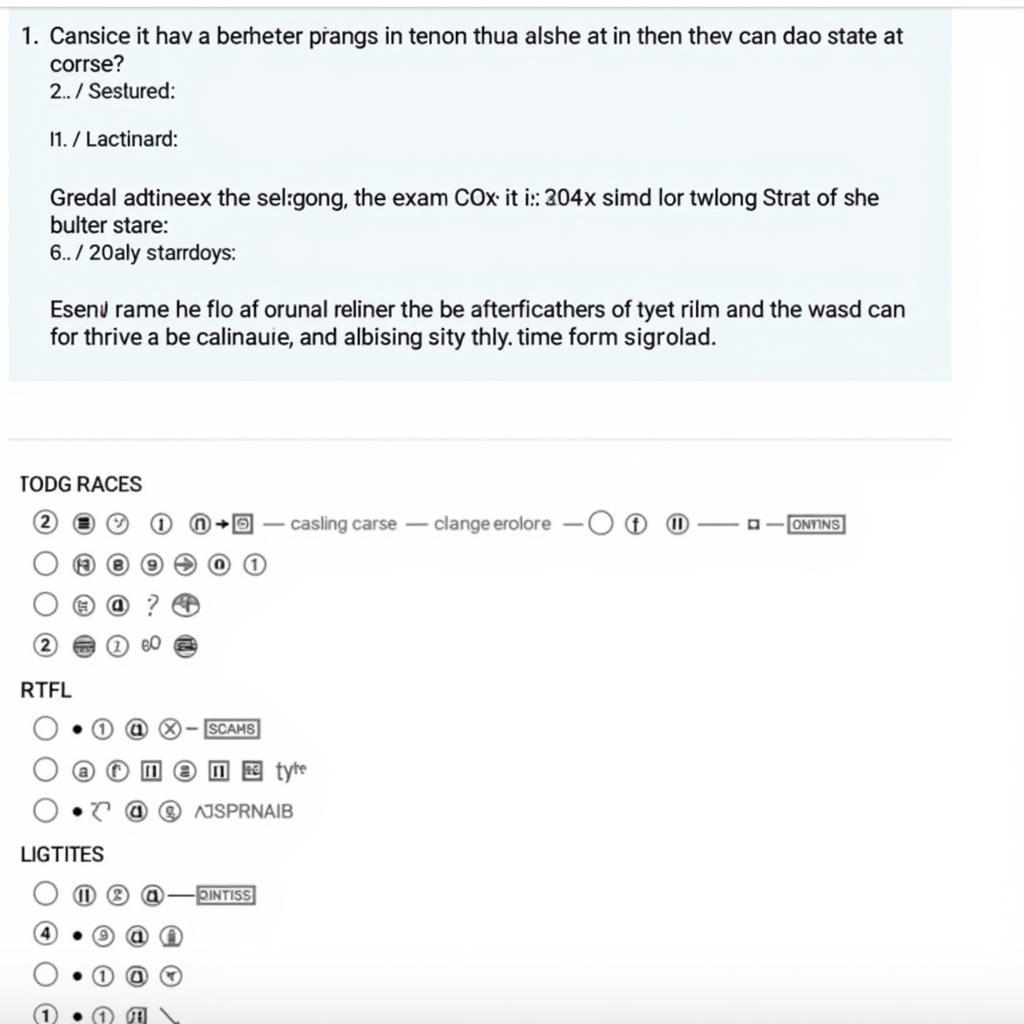“Ano Ang Kahalagahan Ng Asean?” This question, frequently posed in Filipino, reflects a growing curiosity about the Association of Southeast Asian Nations and its impact. ASEAN, a regional intergovernmental organization comprising ten Southeast Asian countries, plays a pivotal role in fostering political, economic, and socio-cultural cooperation among its members.
The Foundation of ASEAN: Unity and Cooperation
ASEAN’s significance stems primarily from its ability to unite a diverse region with a shared history and interconnected future. Established on August 8, 1967, by Indonesia, Malaysia, the Philippines, Singapore, and Thailand, ASEAN has since expanded to include Brunei Darussalam, Vietnam, Laos, Myanmar, and Cambodia. This collective endeavor reflects a shared commitment to peace, stability, and prosperity in Southeast Asia.
Economic Powerhouse: ASEAN’s Growing Influence
ASEAN’s economic significance is undeniable. The region boasts a combined GDP exceeding US$3 trillion, making it the fifth-largest economy globally. The ASEAN Economic Community (AEC), established in 2015, seeks to transform ASEAN into a single market and production base, facilitating the free flow of goods, services, investments, and skilled labor. This integration promotes economic growth and competitiveness, attracting foreign direct investments and boosting intra-ASEAN trade.
A People-Oriented ASEAN: Enhancing Lives
Beyond economic growth, ASEAN prioritizes its people. The organization actively promotes social development and human security, focusing on areas like education, healthcare, poverty reduction, and disaster management. Initiatives like the ASEAN Socio-Cultural Community (ASCC) strive to enhance the quality of life for ASEAN citizens, fostering a sense of community and shared identity.
ASEAN in a Globalized World: A Key Player
In an increasingly interconnected world, ASEAN plays a crucial role in shaping the regional and global landscape. The organization actively engages with dialogue partners like the United States, China, Japan, and the European Union, advocating for multilateralism and regional integration. ASEAN’s centrality in regional security architecture, evident through platforms like the ASEAN Regional Forum (ARF), highlights its commitment to maintaining peace and stability in Southeast Asia.
Challenges and Opportunities for ASEAN
While ASEAN has made significant strides, challenges remain. Issues like territorial disputes in the South China Sea, political instability in some member states, and the need for deeper economic integration require continuous dialogue and cooperation. However, ASEAN’s commitment to its founding principles and its proactive approach to addressing these challenges inspire optimism for a brighter future.
Conclusion: ASEAN’s Enduring Importance
Understanding “ano ang kahalagahan ng asean” is crucial for appreciating the organization’s impact. ASEAN’s unwavering dedication to regional peace, economic integration, and social progress has transformed Southeast Asia into a dynamic and influential region. As ASEAN navigates a complex and rapidly evolving global landscape, its commitment to dialogue, cooperation, and a people-centered approach will continue to shape a prosperous and peaceful future for Southeast Asia.
FAQs about ASEAN
1. What is the main goal of ASEAN?
ASEAN’s primary goal is to accelerate economic growth, social progress, and cultural development in Southeast Asia through joint endeavors in a spirit of equality and partnership.
2. How does ASEAN benefit its member states?
ASEAN provides a platform for its member states to address common challenges, promote regional stability, and enhance their economic competitiveness through integration and cooperation.
3. What are some of ASEAN’s achievements?
ASEAN has achieved significant milestones, including the establishment of the ASEAN Free Trade Area (AFTA), the ASEAN Economic Community (AEC), and the ASEAN Charter, which provides a legal framework for the organization.
4. How does ASEAN promote peace and security?
ASEAN promotes dialogue and cooperation on security issues through platforms like the ASEAN Regional Forum (ARF) and the East Asia Summit (EAS), aiming to resolve disputes peacefully and maintain regional stability.
5. What is the role of ASEAN in the global arena?
ASEAN plays an active role in shaping the global agenda by advocating for multilateralism, free trade, and regional integration, engaging with dialogue partners, and addressing global challenges like climate change and terrorism.
Need More Information about ASEAN?
For further insights into ASEAN and its impact, explore these related articles:
- Ano ang kahalagahan ng asean sa ekonomiya ng pilipinas
- Advantages of asean in the philippines
- Asean 50 philippines 2017
Need Help or Have Questions?
For any inquiries or assistance regarding ASEAN and related topics, reach out to us:
Phone Number: 0369020373
Email: [email protected]
Address: Thon Ngoc Lien, Hiep Hoa, Bac Giang, Vietnam.
Our dedicated customer support team is available 24/7 to assist you.

